Transformative leadership: traditional and religious leaders of Africa commit to follow ‘Guidelines’ to respond to gender-based violence
Date:
Traditional and religious leaders of Africa met in Addis Ababa, from 3 to 4 November, in preparation of the African Union “2nd Men's Conference on Positive Masculinity”, to confirm their commitment in taking bold actions to end child marriage, female genital mutilation and other harmful practices in Africa. At the end of the meeting, African leaders agreed to follow the newly launched “Partnership Guidelines” with key recommendations to traditional and faith leaders to respond to gender-based violence in Africa.
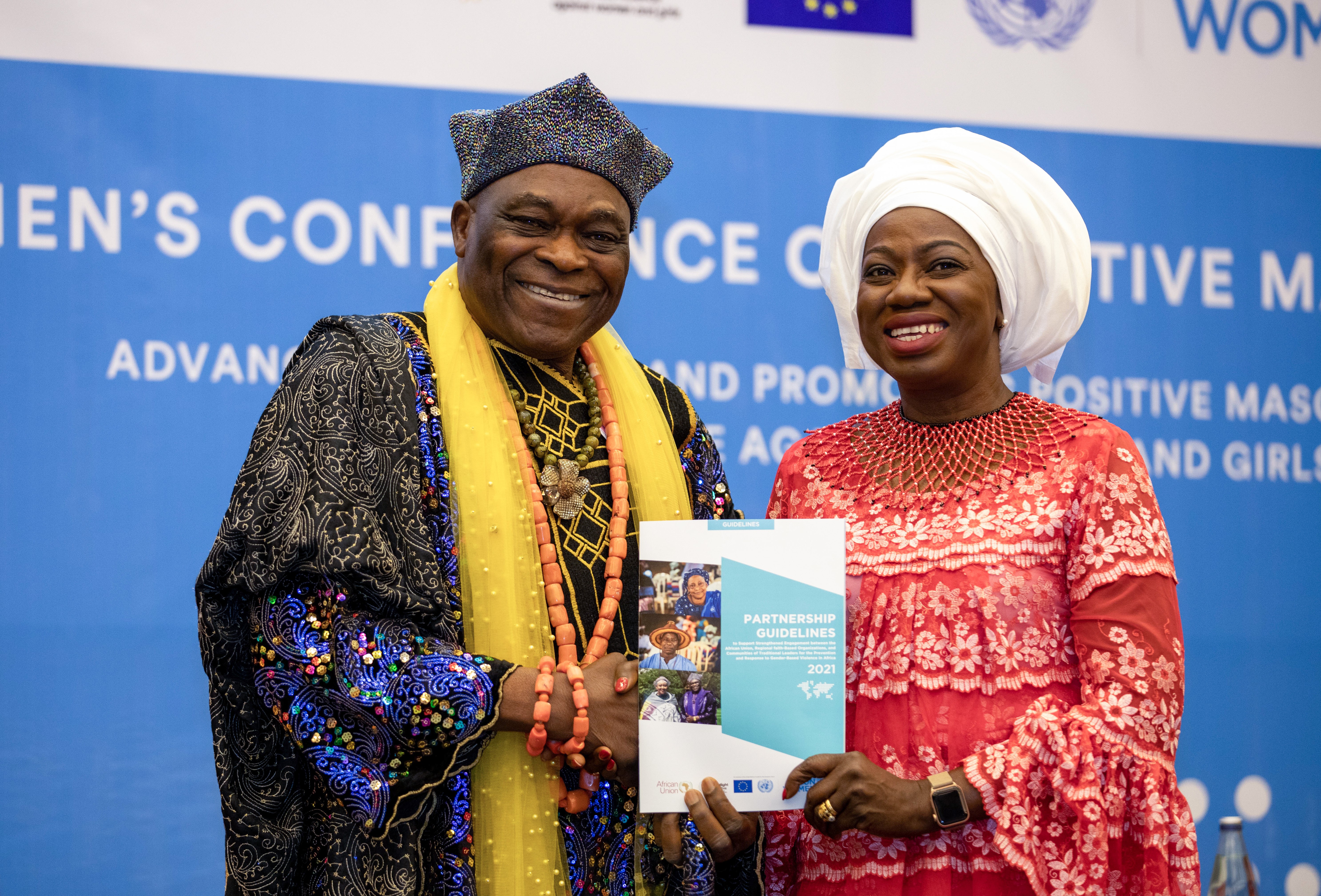
Traditional and religious leaders in Africa play significant roles as custodians of cultural practices within their communities. Considering their key role, UN Women, through the Spotlight Initiative Africa Regional Program (SIARP), in collaboration with the AUC and in partnership with the EU Delegation to the AU, launched the "Partnership Guidelines to Support Engagement between the African Union and Traditional and Regional Leaders” with key recommendations to respond to Gender-Based Violence in the continent.
![]() As UN Women, we have recognized early on the importance of working with men and boys as allies and active agents of change to achieve gender equality by establishing and supporting the pan-African continental movement of progressive traditional, religious and cultural leaders such as COTLA[1]”, stated Ms. Awa Ndiaye Seck, Special Representative of UN Women Liaison Office to the African Union, in her opening remarks. The UN Women representative also highlighted the importance of operationalize the “Guidelines” and build the capacity of traditional leaders to change the deep-rooted cultural beliefs that perpetuate violence.
As UN Women, we have recognized early on the importance of working with men and boys as allies and active agents of change to achieve gender equality by establishing and supporting the pan-African continental movement of progressive traditional, religious and cultural leaders such as COTLA[1]”, stated Ms. Awa Ndiaye Seck, Special Representative of UN Women Liaison Office to the African Union, in her opening remarks. The UN Women representative also highlighted the importance of operationalize the “Guidelines” and build the capacity of traditional leaders to change the deep-rooted cultural beliefs that perpetuate violence.
Ms. Victoria Maloka, Head of the Coordination and Outreach Division of Women, Gender, Development and Youth Directorate (WGYD) at AUC, emphasized the remarkable role traditional leaders play in preventing violence: “As AUC, we recognize the centrality of traditional and religious leaders in fighting gender-based violence. Traditional and religious leaders are gatekeepers of our African identity, culture and customs”.
On behalf of Head of Policy Cooperation at the EU Delegation to the AU, Ms. Amandine Duhoux, Attachée of the EU Delegation to the AU, stressed that “The European Union is the first investor in gender equality around the world, and Africa is at the heart of the EU-UN Spotlight Initiative. We are here today to ensure that religious and traditional leaders’ voices are heard during the 2nd Men's Conference on Positive Masculinity.”
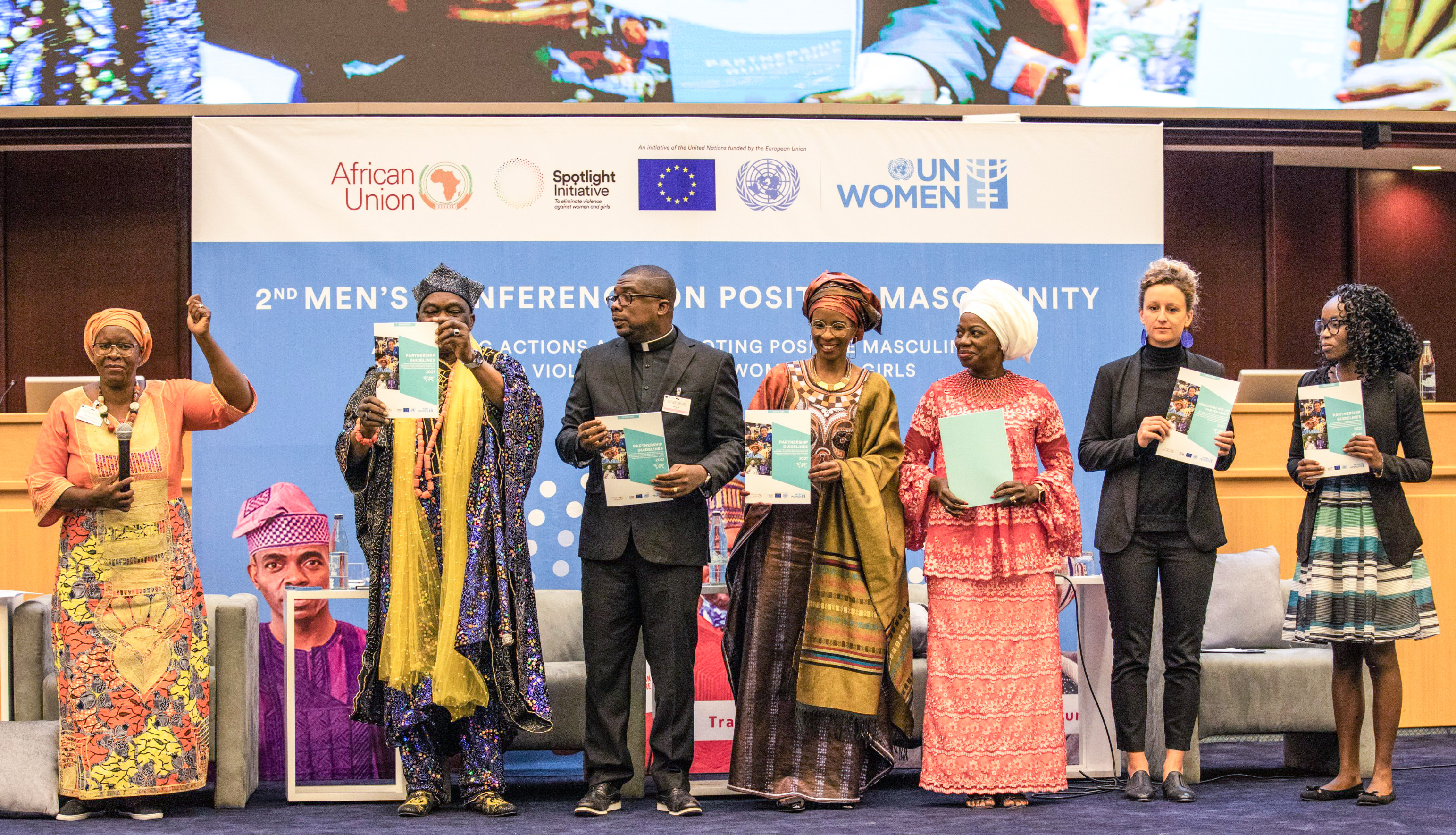
"We must walk the talk"
King Adedapo Aderemi of Nigeria, Convenor General of COTLA, and a key ally in the fight to end violence and challenging practices of violence, went to the stage as representative of the Traditional leaders to receive the “Guidelines”, expressing his commitment in calling out violence, standing in support with survivors and advocating for change: “We need to walk to the talk and to seek accountability to those who promote and practice violence in our continent. Together with UN Women and other partners in the continent, we will end violence against women and girls”.
The meeting provided the ideal platform build a systematic engagement between and amongst regional faith-based organizations, communities of traditional leaders, and the AUC and sealed the commitment of traditional leaders in strengthening their engagement in prevention and response to violence in their communities.
Hosted by UN Women, the two-day meeting also provided a platform for traditional leaders to voice their Generation Equality commitments: “I want to congratulate UN Women for their fight in the elimination of violence against women but, most importantly, for their work in rehabilitating women in Africa. Africa has lost a lot and we need to rehabilitate it. Our maternal values and the values of the African women is not being shown. The African identity is to respect women.”
[1] Commitment of the Council of Traditional Leaders of Africa (COTLA
Infographics
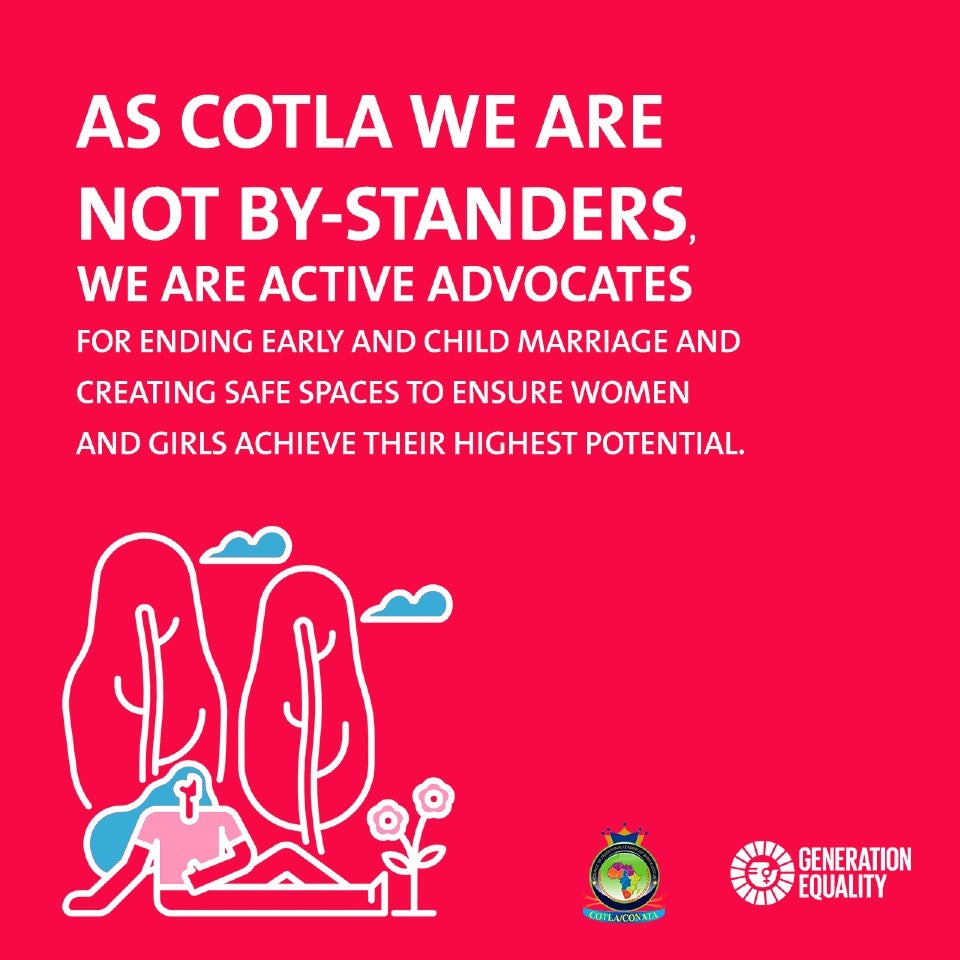
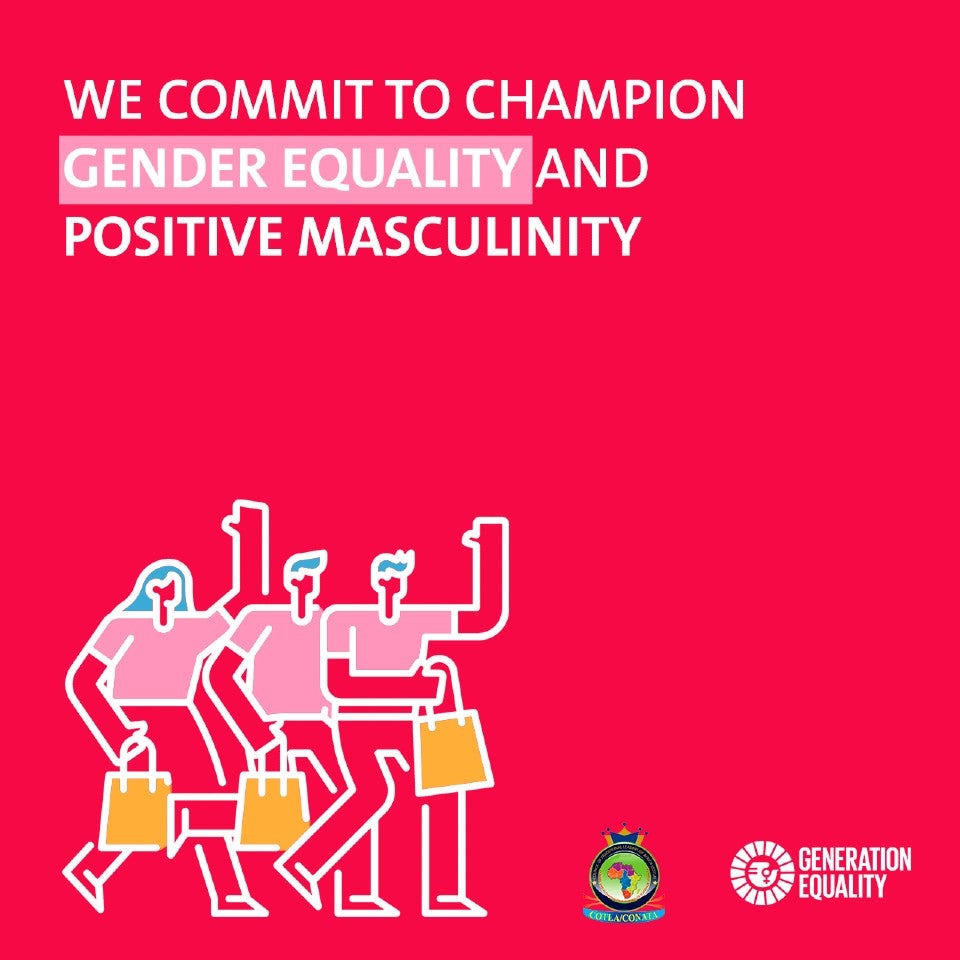
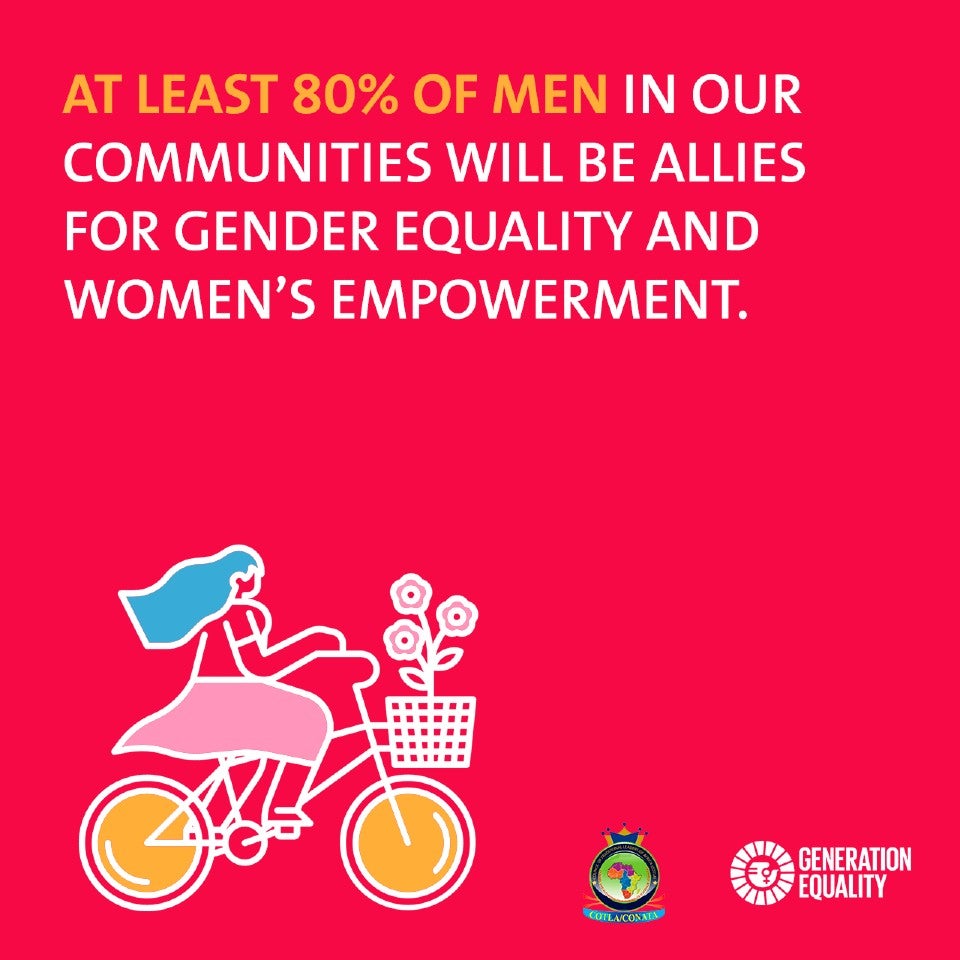
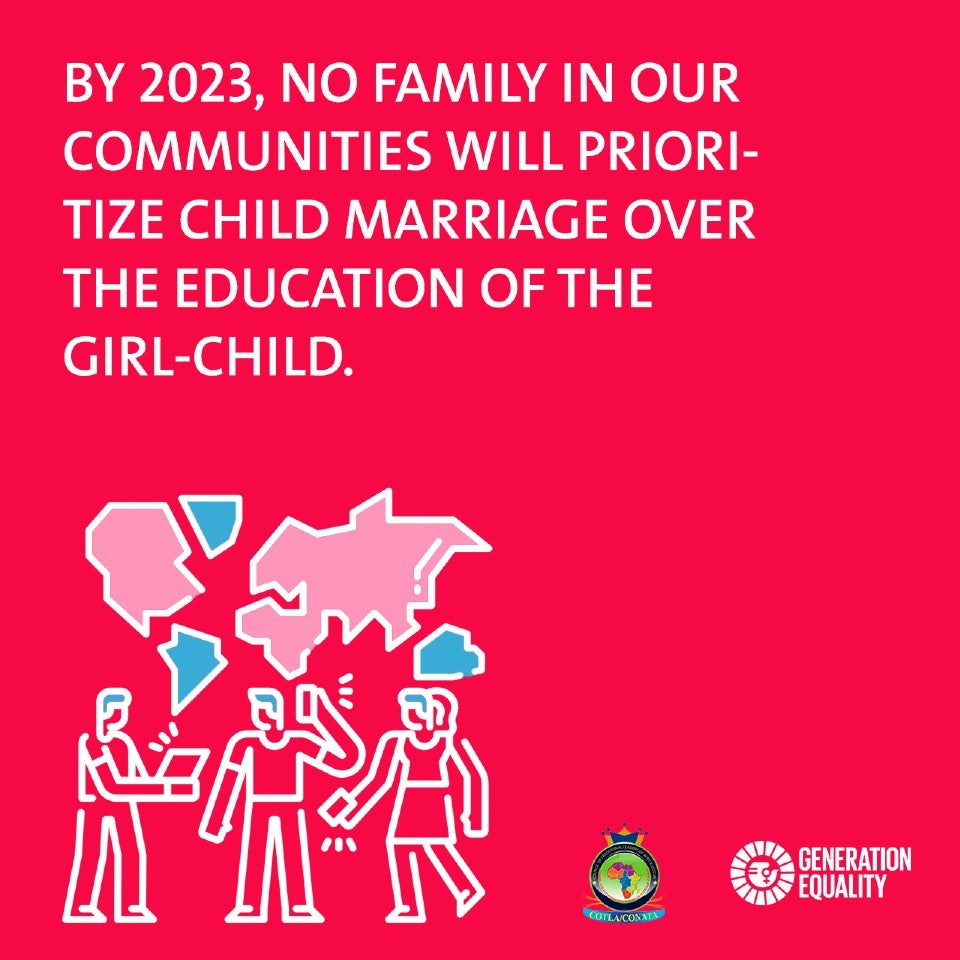
For more information on the Spotlight Initiative: www.spotlightinitiative.org
Media contacts: Soraia Ribeiro, Communications and Advocacy Specialist: soraia.ribeiro@unwomen.org